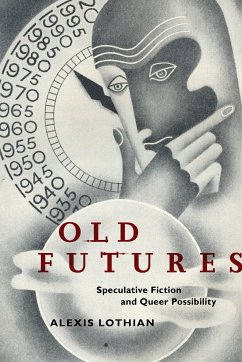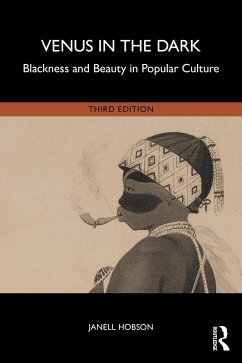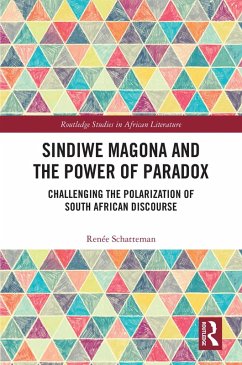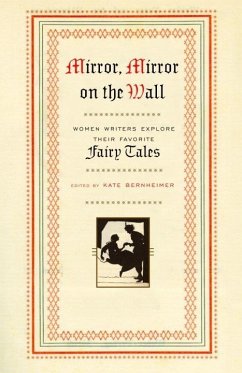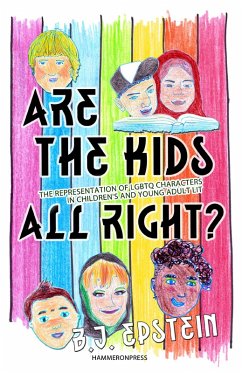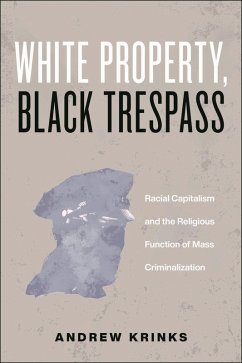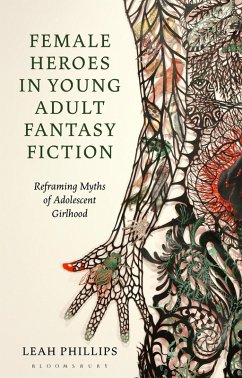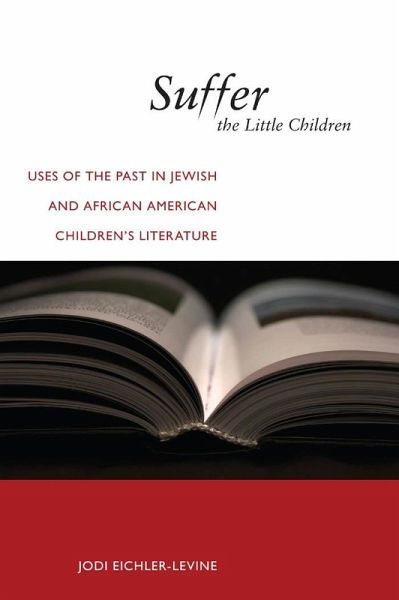
Suffer the Little Children (eBook, ePUB)
Uses of the Past in Jewish and African American Children's Literature
Versandkostenfrei!
Sofort per Download lieferbar
22,95 €
inkl. MwSt.
Weitere Ausgaben:

PAYBACK Punkte
11 °P sammeln!
Examines classic and contemporary Jewish and African American children's literatureThrough close readings of selected titles published since 1945, Jodi Eichler-Levine analyzes what is at stake in portraying religious history for young people, particularly when the histories in question are traumatic ones. In the wake of the Holocaust and lynchings, of the Middle Passage and flight from Eastern Europe's pogroms, children's literature provides diverse and complicated responses to the challenge of representing difficultcollective pasts.In reading the work of various prominent authors, including M...
Examines classic and contemporary Jewish and African American children's literature
Through close readings of selected titles published since 1945, Jodi Eichler-Levine analyzes what is at stake in portraying religious history for young people, particularly when the histories in question are traumatic ones. In the wake of the Holocaust and lynchings, of the Middle Passage and flight from Eastern Europe's pogroms, children's literature provides diverse and complicated responses to the challenge of representing difficult
collective pasts.
In reading the work of various prominent authors, including Maurice Sendak, Julius Lester, Jane Yolen, Sydney Taylor, and Virginia Hamilton, Eichler-Levine changes our understanding of North American religions. She illuminates how narratives of both suffering and nostalgia graft future citizens into ideals of American liberal democracy, and into religious communities that can be understood according to recognizable notions of reading, domestic respectability, and national sacrifice.
If children are the idealized recipients of the past, what does it mean to tell tales of suffering to children, and can we imagine modes of memory that move past utopian notions of children as our future? Suffer the Little Children asks readers to alter their worldviews about children's literature as an "innocent" enterprise, revisiting the genre in a darker and more unsettled light.
Through close readings of selected titles published since 1945, Jodi Eichler-Levine analyzes what is at stake in portraying religious history for young people, particularly when the histories in question are traumatic ones. In the wake of the Holocaust and lynchings, of the Middle Passage and flight from Eastern Europe's pogroms, children's literature provides diverse and complicated responses to the challenge of representing difficult
collective pasts.
In reading the work of various prominent authors, including Maurice Sendak, Julius Lester, Jane Yolen, Sydney Taylor, and Virginia Hamilton, Eichler-Levine changes our understanding of North American religions. She illuminates how narratives of both suffering and nostalgia graft future citizens into ideals of American liberal democracy, and into religious communities that can be understood according to recognizable notions of reading, domestic respectability, and national sacrifice.
If children are the idealized recipients of the past, what does it mean to tell tales of suffering to children, and can we imagine modes of memory that move past utopian notions of children as our future? Suffer the Little Children asks readers to alter their worldviews about children's literature as an "innocent" enterprise, revisiting the genre in a darker and more unsettled light.
Dieser Download kann aus rechtlichen Gründen nur mit Rechnungsadresse in A, D ausgeliefert werden.




